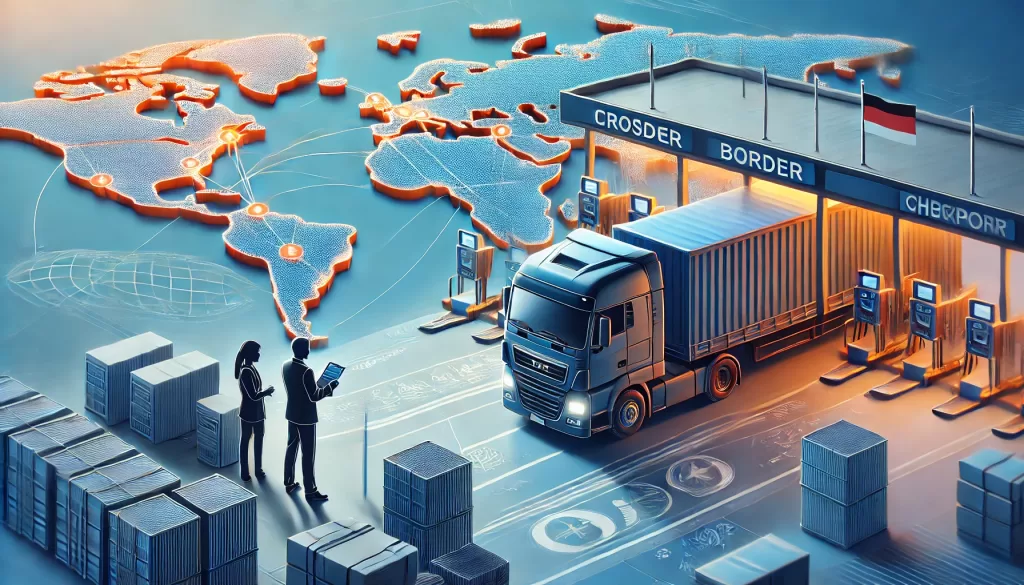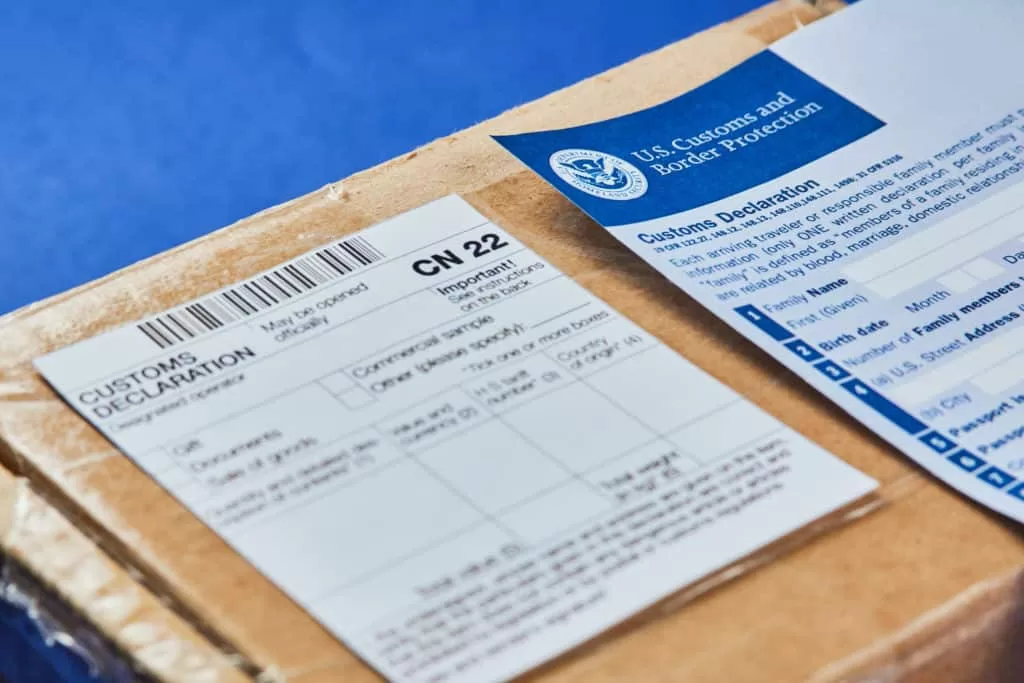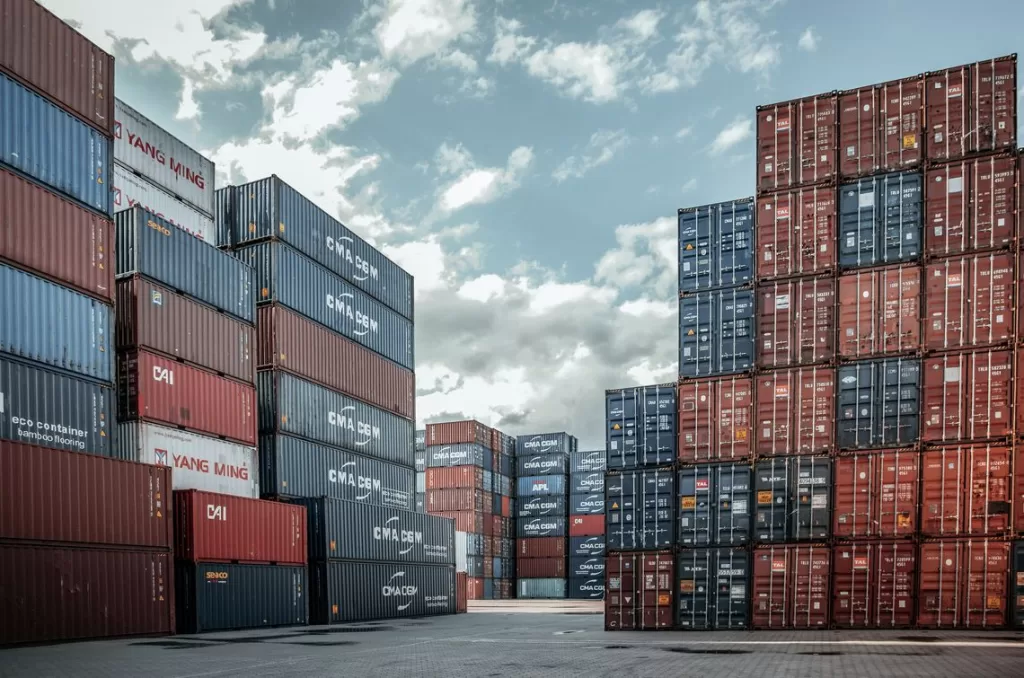How to avoid freight logistics delays due to customs issues?
In international trade, efficient logistics is essential to ensure that goods are delivered on time and avoid unexpected delays or increased costs. One of the most common reasons for freight logistics delays is customs-related issues. Customs regulations, tariffs, and documentation requirements vary significantly from country to country. For businesses engaged in global trade, it is essential to understand how to prevent customs issues from disrupting the shipping process. Freight logistics delays due to customs issues lead to longer delivery times, incur additional costs, reduce customer satisfaction, and affect business relationships. As a freight forwarder providing international logistics services, HTD can streamline its customs processes and avoid delays.
Freight Logistics: Understand Customs Regulations to Ensure Smooth Operations
One of the most important steps to avoid customs delays is to ensure that all parties involved clearly understand the customs regulations of the country of origin and destination. Each country has its own set of rules for importing and exporting goods, and these regulations can change frequently. To minimize customs delays, businesses must stay updated with the latest customs regulations in their trade countries. This includes understanding tariff codes, import and export restrictions, and any specific requirements for certain types of products. For example, some products may require special permits or certifications to enter a country, while others may face higher tariffs or duties. HTD International Logistics thoroughly checks all shipments for customs compliance, thus avoiding costly delays.
Proper Documentation and Accurate Customs Declarations
Another key factor in preventing freight logistics delays due to customs issues is ensuring the team correctly prepares and submits all required documents. Customs authorities require various documents for international shipments, including commercial invoices, bills of lading, packing lists, and certificates of origin. Each document must be accurate, complete, and up to date. Incorrect or incomplete documentation can cause delays, as customs authorities may detain shipments until the necessary documentation is provided. For example, a discrepancy between a commercial invoice and a packing list may raise a red flag for customs officials. HTD International Logistics offers full support to process and submit all documents correctly to avoid delays.
Correctly Classify Shipments for Smooth Customs Clearance
Correctly classifying shipments is another key factor in avoiding customs delays. Customs authorities rely on tariff codes, or Harmonized System (HS) codes, to classify products to collect duties and taxes. Using the correct tariff code ensures that the proper duties and taxes collect and prevents customs officials from flagging shipments for further inspection. Misclassifying goods can result in delays, fines, or even confiscation. Accurate classifications may occur if a business is unfamiliar with the correct product codes, leading to customs declaration errors. Companies must accurately classify their products using the appropriate HS codes to avoid this. At the same time, HTD International Logistics helps ensure that products are correctly classified and applies the correct tariff codes, minimizing the possibility of customs delays.
Import and export restrictions for freight logistics
Certain products may be subject to import and export restrictions, which can seriously affect the speed and efficiency of the customs process. These restrictions may include banning specific goods, limiting the number of goods imported or exported through quotas, or requiring additional documentation for certain types of products. To avoid delays, businesses must stay informed of any import and export restrictions that may apply to their goods. This includes checking with customs authorities in both the exporting and importing countries to confirm that the goods meet the conditions for shipment and that all necessary permits or certifications are in place. As an international logistics service provider, we will help customers understand import and export restrictions in advance. Companies can avoid unexpected customs delays by understanding the situation in advance and planning.
Leverage technology to speed up customs processing
Technology is vital in streamlining the customs clearance process in today’s digital age. Many countries have implemented electronic customs systems that allow businesses to submit documents and track their shipments online. These digital systems speed up cargo processing by automating large amounts of paperwork and allowing for real-time updates. Electronic customs systems reduce the risk of clerical errors and speed up the entire customs process, thereby reducing customs clearance time. By leveraging these systems, businesses can avoid delays with manual customs processing.
Avoid logistics delays due to customs issues.
Customs-related issues are a common cause of delays in freight logistics, but with the right strategies, these issues can be effectively managed. By understanding customs regulations, ensuring that documentation is correct, accurately classifying goods, and working with an experienced customs broker, businesses can significantly reduce the risk of delays during transportation. At HTD International Logistics, we can help our clients navigate the complexities of international customs procedures, coupled with our use of advanced technology and close relationships with customs authorities to ensure that goods are cleared efficiently and without delays.





